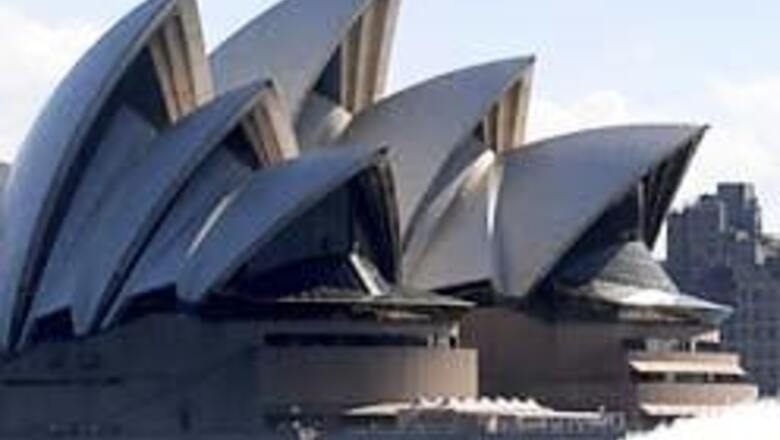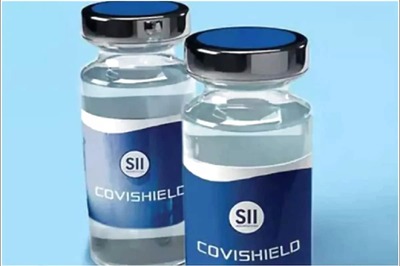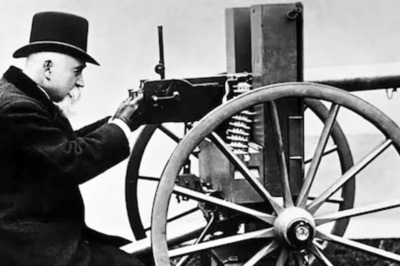
views
New Delhi: Even as India continues to celebrate the Nuclear Suppliers Group (NSG) waiver to India in connection with the Indo-US nuclear deal, Australia has made it clear that its ban on sale of uranium to India will continue.
Speaking of the Labour government's policy, Australian Trade Minister Simon Crean said, "Labor is committed to supplying uranium to only those countries party to the NPT. Australia will therefore not be supplying uranium to India while it is not a member of the NPT."
This is despite the fact that Australia had welcomed the NSG's decision to end the 34-year long embargo on nuclear trade with India, official said.
Labour party welcomed the decision by NSG as strengthening the global security of nuclear facilities, Crean said.
However, all is not lost on the Indo-Australian energy co-operation front. The federal Opposition claims Labour's policy was hypocritical and said that the Australian Foreign Minister should use his next visit to India to announce a new uranium policy.
"Foreign Minister Stephen Smith should use next week's visit to India to announce a new uranium export policy for New Delhi," Opposition Foreign Affairs spokesman Andrew Robb said yesterday. He also said that Canberra needed to support India in efforts to produce greenhouse gas-free electricity.
Robb's stand on India was despite the fact that several Australian critics had panned the Vienna announcement, saying the decision would undermine the non-proliferation efforts.
Australia has 40 percent of the world's known uranium reserves, but has consistently rejected India's pleas to be allowed to buy the nuclear fuel from Australia for its growing energy needs.
Australia exports uranium to 36 countries, but only for peaceful purposes, and only sells to countries that have negotiated bilateral nuclear safeguards agreements.
NSG had approved a U.S. proposal on Saturday, September 6, to lift a global ban on nuclear trade with India in a breakthrough towards sealing a controversial U.S.-Indian atomic energy deal.
The NSG, a 45-nation cartel controls trade in 'dual-use' nuclear fuel, materials and technology to ensure they are applied only to civilian nuclear energy programmes and are not diverted into clandestine nuclear weapons work.
The NSG was formed immediately after India tested a nuclear device at Pokharan in Rajasthan, in 1974. India had used reactor technology provided by Canada in the 1950s.
India had clarified that the test was for peaceful energy development.
The NSG members are Argentina, Australia, Austria, Belarus, Belgium, Brazil, Britain, Bulgaria, Canada, China, Croatia, Cyprus, Czech Republic, Denmark, Estonia, Finland, France, Germany, Greece, Hungary, Ireland, Italy, Japan, Kazakhstan, Latvia, Lithuania, Luxembourg, Malta, Netherlands, New Zealand, Norway, Poland, Portugal, Romania, Russia, Slovakia, Slovenia, South Africa, South Korea, Spain, Sweden, Switzerland, Turkey, Ukraine and the United States.
The cartel normally has one annual plenary meeting and decisions are made by consensus only. Members can also hold consultative sessions. The NSG has no permanent office and details of its deliberations are kept confidential.
The 2008-09 NSG chairman is Germany.
(With inputs from PTI and Reuters)




















Comments
0 comment